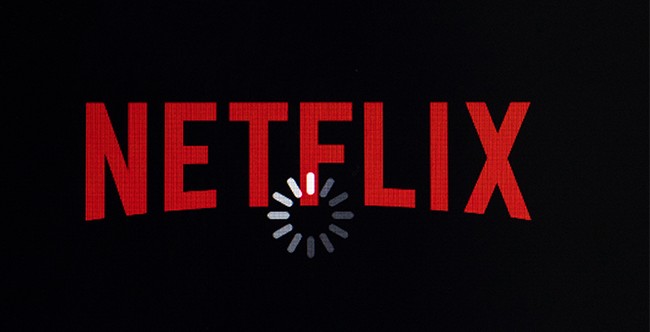Perhaps there is some hope for the younger generation after all. A recent survey shows that Americans in the Gen Z category have some rather unexpected views when it comes to sexual content in entertainment and the media.
A study conducted by UCLA’s Center for Scholars & Storytellers has found that a considerable chunk of those between the ages of 13 and 24 would like to see less sex and romance in their movies and on TV shows.
This year’s Teens & Screens report from UCLA’s Center for Scholars & Storytellers, or CSS, found that teens — plus the 18- to 24-year-old demographic that advertisers typically target — think sex and romance are too prominent in TV shows and movies, preferring to see more friendships and platonic relationships.
Almost half of adolescents 13–24 felt that romance is overused in media (44.3%) and sex is unnecessary for the plot of most TV shows and movies (47.5%). A majority (51.5%) want to see more content focused on friendships and platonic relationships, with 39% seeking more aromantic and/or asexual characters (ace/aro) on screen.
Dr. Yalda T. Uhls, founder and director of CSS, co-author of the study, and adjunct professor in UCLA’s psychology department, said:
While it’s true that adolescents want less sex on TV and in movies, what the survey is really saying is that they want more and different kinds of relationships reflected in the media they watch.
Gen Zers also seem to have a more cynical view of the fairy tale themes perpetuated by popular movies and television shows.
Ranked fourth on a list of adolescents’ most disliked stereotypes were romantic tropes, which included storylines about how relationships are necessary for happiness, how the male and female leads always end up together romantically, and love triangles. While the popularity of “Twilight” and “The Hunger Games” supercharged the love triangle trope, what once was novel has become commonplace, and teens appear to have soured on those storylines.
So, what’s going on here? Haven’t members of prior generations feared that younger generations would be more promiscuous and sex-crazed? If the results of this study are any indication, it appears this scenario has not come to pass.
Uhls pointed out that many young people are suffering from an “epidemic of loneliness” and are searching for ways to connect with others beyond just romance and sexual encounters. Indeed, other research has revealed that Gen Zers are having less sex, with fewer partners than previous generations.
Perhaps younger generations, having grown up in an era of dating apps and online dating services, have become jaded with the superficiality of dating – especially when it comes to using the internet to find a partner. Indeed, the study also found that 44 percent of Gen Zers “would rather clean the toilet than go on another online date.”
Another noteworthy finding is attitudes among Gen Zers when it comes to other areas of entertainment. About 56 percent prefer original content over remakes and franchises. To put it simply, they want Hollywood to stop remaking shows from the ‘90s and start creating something new.
There are likely oodles of factors that play into this paradigm shift. But perhaps underlying these findings is a thirst for substance and authenticity. It seems that living in a digital world has been taking its toll, and younger generations could be trying to find a way to break out of the Matrix and experience real relationships and lives of substance. It is not easy to predict where these trends will go in the future, but if I’m right and young folks are yearning to break free of virtual living, then perhaps there is reason to be optimistic about the future.


